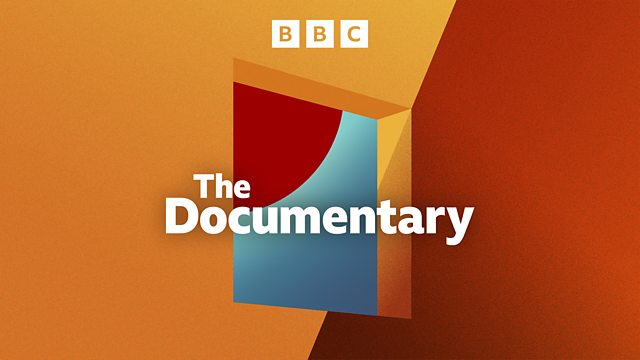
Greening The Hajj
What can Muslims do to reduce the enormous carbon footprint of the pilgrimage to Mecca?
The Muslim pilgrimage to Mecca, the Hajj, attracted no fewer than two million pilgrims in 2023. But this pilgrim boom has an environmental downside: climate scientists are warning that the five-day Hajj alone, with its bargain flights, hotels, catering and local transport, produces over 1.8 million tonnes of greenhouse gases, roughly the amount New York City emits every two weeks.
Yet the Saudi government has plans to go much bigger still: by 2030, they want 30 million pilgrims a year to take part in the Hajj and Umrah, an optional version of the pilgrimage at other times of year. That's a full 10 million more than before the pandemic.
In this documentary, Zubeida Malik asks what the Saudi authorities, local groups and campaigners, religious scholars and the pilgrims themselves can do to reduce the environmental footprint of one of the largest religious gatherings on the planet.
She hears from people on the ground in Mecca how the government's environmental aims for the Hajj are being put into practice. And she talks to stakeholders around globe: considering that it's incumbent upon every Muslim who is physically and financially able to do the Hajj once in their lifetime, what role can Muslim pressure groups and even individuals play in greening the Hajj? And in the age of virtual reality, could there be an even more radical solution?
